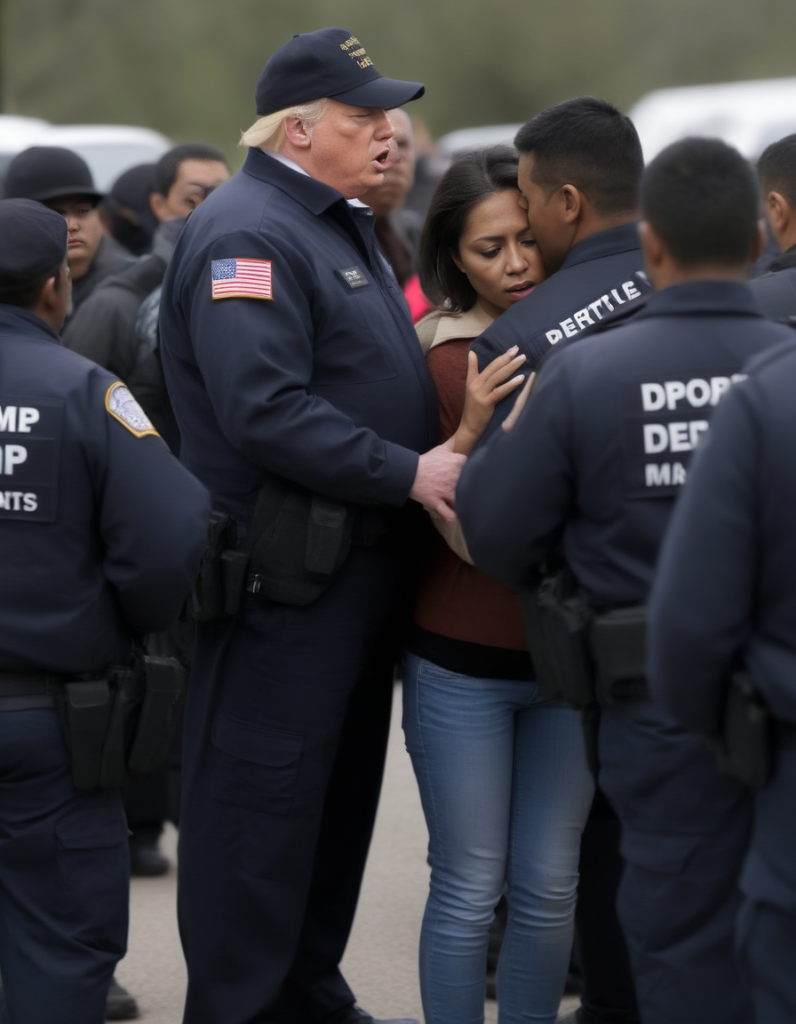Introduction
Just minutes after Donald Trump was sworn in as president, the U.S. began deporting migrants, symbolizing a swift return to his hardline immigration policies. This decisive action has drawn sharp criticism from human rights groups and the international community, setting the tone for a presidency heavily focused on strict border control. The move reignites debates over immigration, human rights, and national security.
Key Takeaways
1. Immediate Deportations After Inauguration:
Trump ordered the deportation of the first group of migrants moments after assuming office, signaling a firm stance on border enforcement.
2. Focus on National Security:
The administration justified the actions as necessary to address illegal immigration and safeguard national security.
3. Human Rights Concerns:
Advocacy groups criticized the move, calling it unfair and a potential violation of international obligations.
4. Political Symbolism:
The swift deportations emphasize Trump’s commitment to enforcing immigration laws, mirroring policies from his first term.
5. Public and International Reactions:
The deportations sparked widespread controversy, underscoring the polarized nature of U.S. immigration policy.
A Swift Start: Deportations as a Statement
In his first act as president, Trump made a bold statement by initiating deportations almost immediately after taking office. These migrants, apprehended after crossing the U.S. border without documentation, were quickly removed as part of his administration’s focus on restoring “law and order.”
This move underscores a return to Trump’s signature “America First” approach, prioritizing border security and strict enforcement of immigration laws.
Human Rights Concerns
Human rights organizations have raised alarms over the implications of these immediate deportations:
- Lack of Due Process: Rapid removals often deprive migrants of the opportunity to apply for asylum or appeal decisions.
- Violation of International Obligations: Critics argue that the U.S. is failing to uphold its commitments under international refugee conventions.
- Social Impact: The policy risks breaking up families and fostering fear within immigrant communities.
Political and Social Consequences
The return to Trump-era immigration policies marks a significant shift from more lenient approaches of previous administrations. Key implications include:
- Political Polarization: Immigration policy remains a divisive issue, intensifying debates within the U.S.
- International Criticism: Foreign governments and international organizations have expressed concern over the harshness of these measures.
- Impact on Immigrant Communities: Heightened enforcement exacerbates uncertainty and instability among vulnerable groups.
Opinion: Striking a Balance
In my view, Trump’s immediate deportations, while aimed at asserting control over immigration, risk overshadowing the humanitarian considerations inherent to the issue. Enforcing border security is important, but it must be done in a way that respects the rights and dignity of individuals.
As a nation built on immigration, the U.S. should strive for policies that balance security with compassion. Rushed measures like these risk eroding trust in the system and undermining America’s values.
Conclusion
The deportations carried out moments after Trump’s inauguration send a clear message about his administration’s immigration priorities. However, these actions raise serious questions about the future of U.S. immigration policy and its alignment with democratic principles. As debates continue, the challenge will be finding a path that ensures both security and humanity.
#USA
Source – bild.de: Nur Minuten nach Amtsantritt: Wegen Trump USA weisen erste Migranten ab










